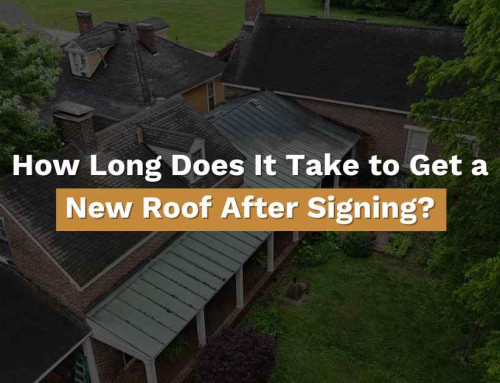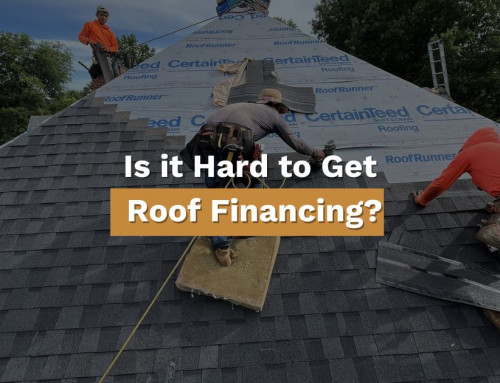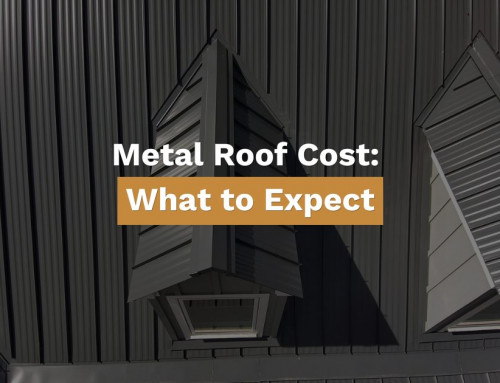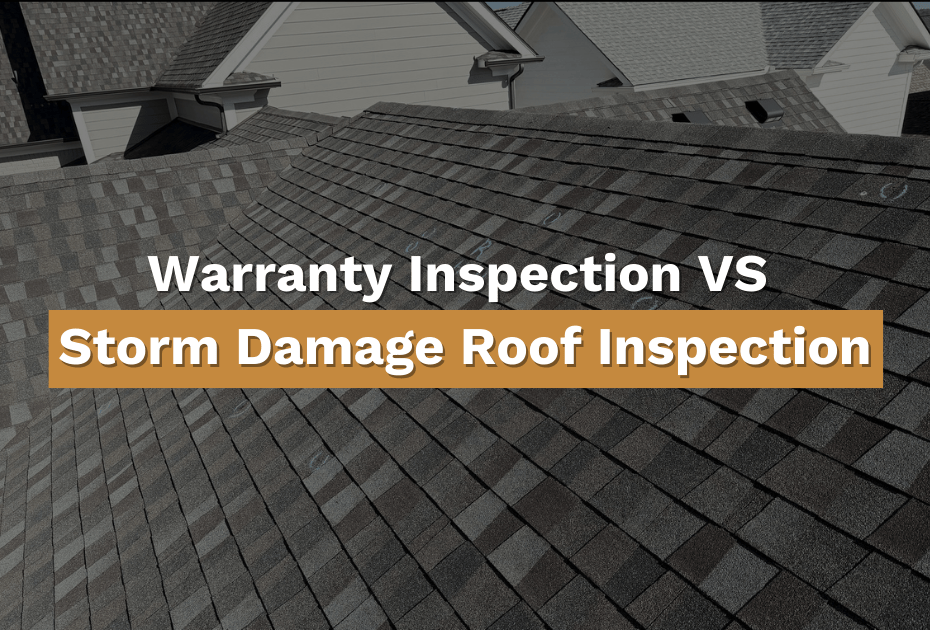
Highlights for Types of Roof Inspection
When your home’s roof shows signs of damage or wear, it’s important to understand the type of inspection you need, especially in areas like Franklin, TN, where the weather can change quickly. This article explains the differences between a storm damage roof inspection process and a warranty inspection. Knowing how they differ can help protect your home’s roof, reduce long-term repair costs, and ensure your roofing warranties work in your favor.
Table of Contents
Roof Inspections
A roof inspection is a crucial step in maintaining the integrity and safety of your roof. It involves a thorough examination of your roof's condition. This includes its structural framework, roofing components, and related interior spaces. A professional roofing contractor can help guide you through the inspection process, ensuring every aspect of your roof is carefully evaluated.
Regular roof inspections can help identify potential issues before they become major problems, saving you time and money in the long run. Whether it's spotting early signs of wear and tear or detecting hidden damage, these inspections are essential. It is proactive for roof maintenance. Additionally, a roof inspection can help you determine if you need to plan for repairs or a roof replacement. An inspection will provide you with a clear understanding of your roof's condition.
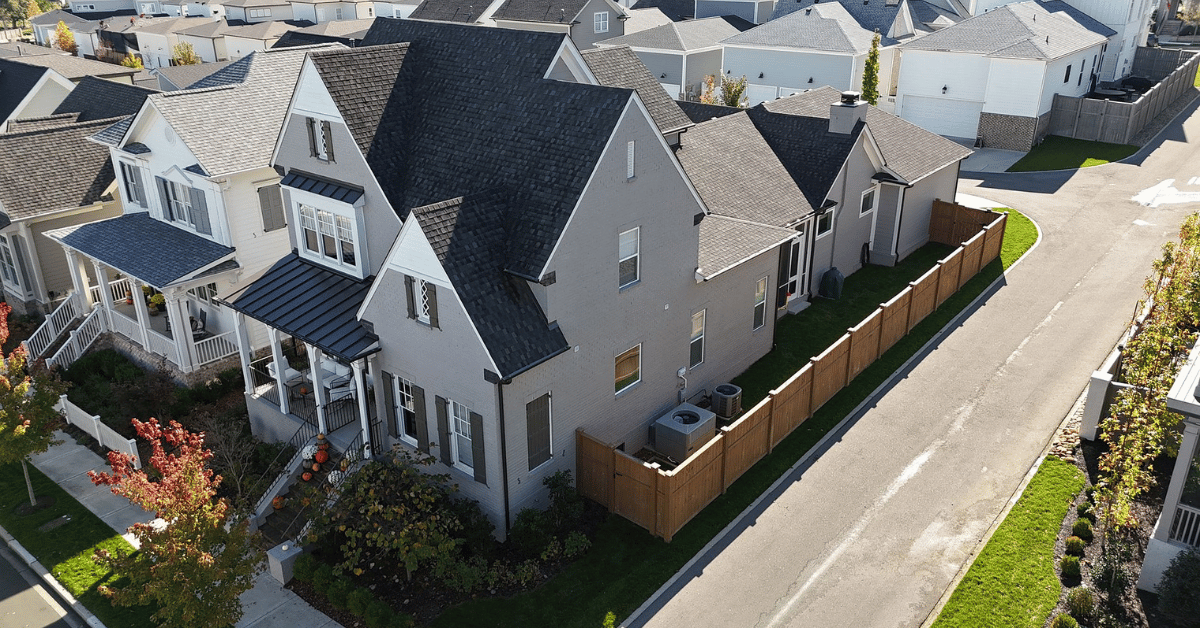
The inspection report can be a valuable tool when negotiating with insurance companies or contractors. It provides documented evidence of your roof's state, which can be crucial for filing claims or ensuring that your roofing warranties remain valid. Speaking of warranties, a standard roofing warranty typically covers workmanship and materials, but it's essential to read the fine print to understand what's covered and what's not. A roof warranty is a substantial investment, and regular inspections can help ensure that it remains valid, protecting your roof and your home.
What is Storm Damage Roof Inspection?
After severe storms roll through Middle Tennessee, many homeowners discover roof damage. Whether it's missing or damaged shingles, roof leaks, or hail damage, you'll want to schedule a storm damage roof inspection. This inspection, typically performed by a professional roofing contractor, is designed to assess both visible and hidden damage.
Timely reporting of a roof leak is crucial for warranty claims and repair responsibilities. Delays can affect the coverage and increase out-of-pocket costs for homeowners.
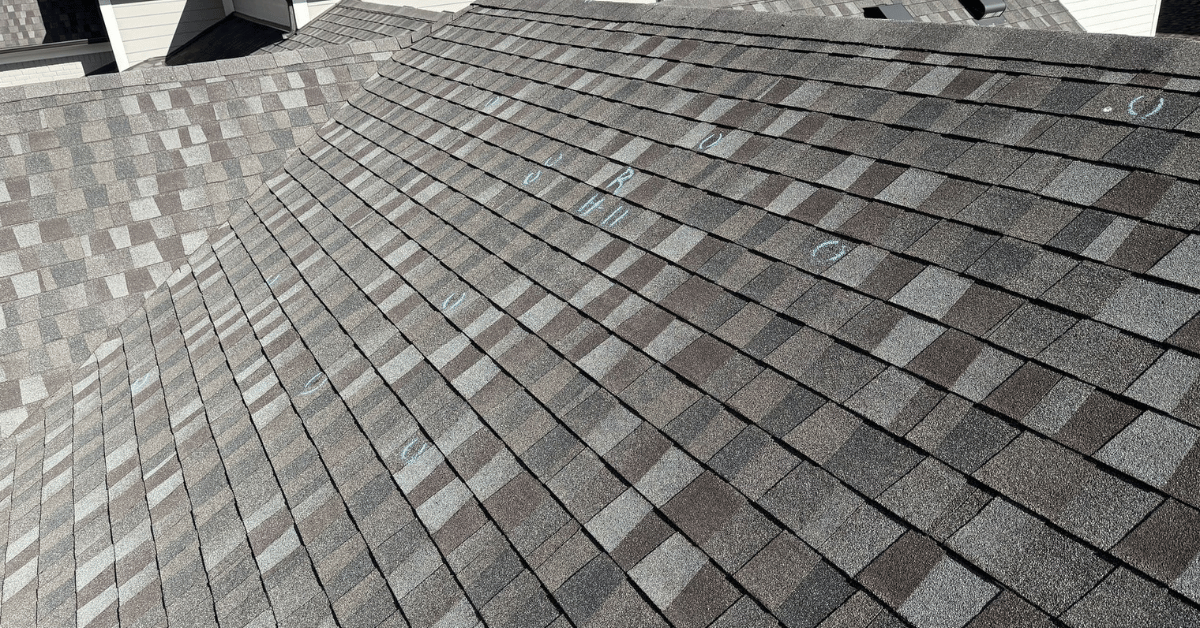
The goal is to determine whether you have a valid insurance claim and what repairs or replacements may be needed. At Five Points Roofing, we walk homeowners through the entire storm damage roof inspection process. Our inspectors start from checking the attic and wood decking to documenting everything for your insurance provider. We've seen cases where hail left dents in flashing or where roof storm damage went unnoticed until significant leaks developed.
This kind of inspection is not just about spotting damaged shingles. It's also about assessing the whole roof system, including the gutters, ventilation, and structural components. The findings can support a claim to cover the cost of a roof repair or a full roof replacement. For many homeowners, an insurance claim is the best route to handle repair costs after storm damage.
What is a Warranty Roof Inspection?
Not all roofing issues are caused by weather. Sometimes the problem lies in the roof installation itself. Improper installation techniques or defective materials can lead to roof leaks, sagging, or early aging. That's where a warranty inspection comes in.
Most roofing warranties fall into two categories: manufacturer warranties and contractor warranties. A roofing material warranty covers defective products like asphalt shingles or metal roofing panels. On the other hand, a workmanship warranty is issued by your roofing company to cover installation errors. This is sometimes called a contractor roof warranty or a roofing contractor's workmanship warranty. Longer warranties are essential indicators of a contractor's reliability and commitment to quality.
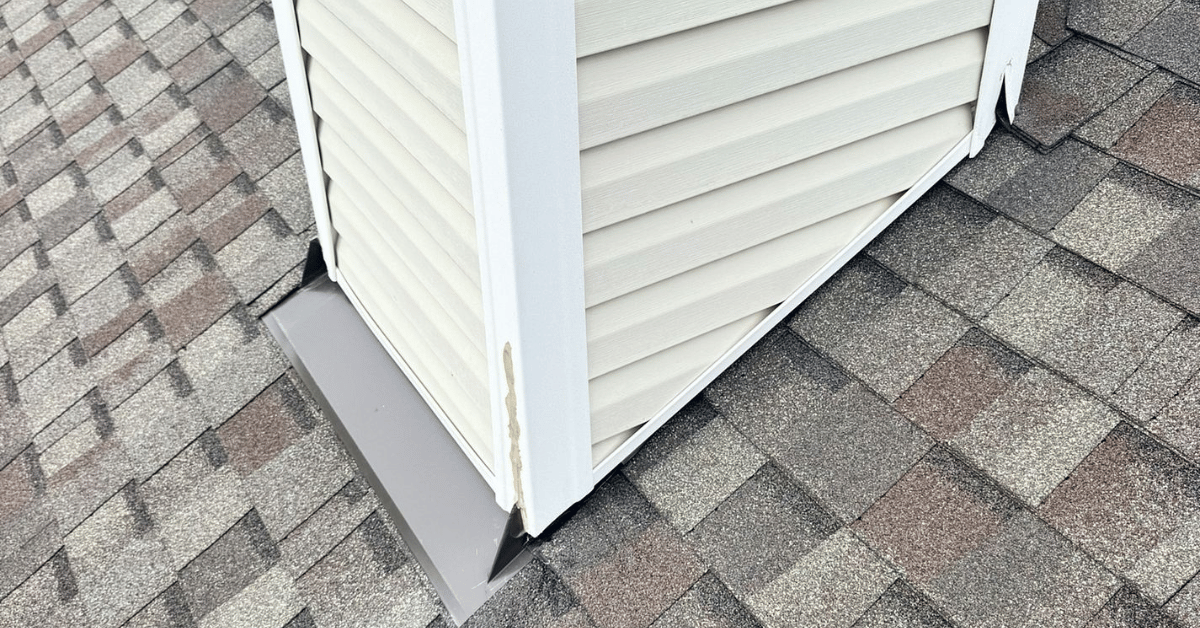
Many manufacturers offer warranties that cover both defects in materials and installation. They ensure comprehensive protection for customers who meet certain conditions and work with certified contractors.
For instance, if your new roof was installed using improper installation methods and leaks appear within a few years, your roofing workmanship warranty may apply. These inspections focus on pinpointing issues that fall under your warranty cover. At Five Points Roofing, we've helped homeowners identify flashing problems or fastener errors—common causes of a leaking roof—that were entirely covered under their standard roofing warranty.
A warranty roof inspection is also a proactive way to track your roof's condition and get ahead of problems before they become expensive. It's especially important if you're nearing the end of your basic limited lifetime warranty or preparing for your next roofing project.
Types of Roof Damage
Roof damage can occur due to various factors, including high winds, hail, and improper installation techniques. A roof inspection can help identify signs of damage, such as missing or damaged shingles, ice damming, cracked or broken tiles, and leaks. Different roofing materials, such as asphalt shingles and metal roofs, can be particularly prone to damage from severe weather storms.
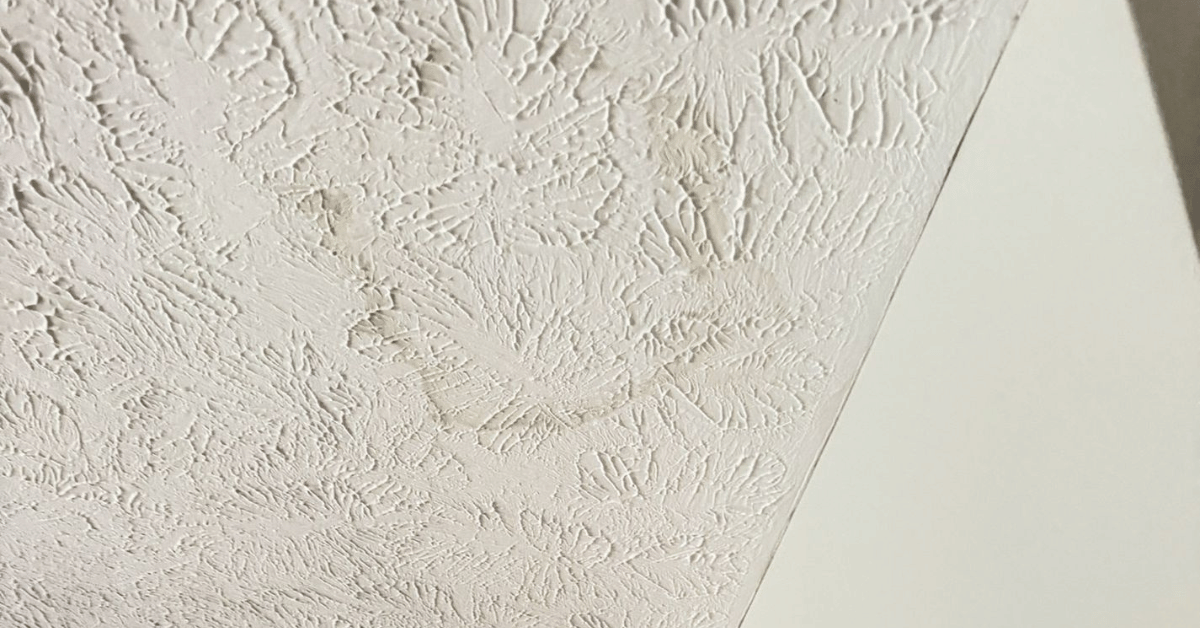
A comprehensive roof inspection can help detect potential issues before they become major problems. A professional roofing contractor can provide a detailed report of the inspection, including recommendations for necessary repairs. Regular inspections can help extend the lifespan of your roof and prevent costly repairs down the line.
Understanding your roof warranty can provide peace of mind, but it's essential to know what's covered and what's not. A contractor's workmanship warranty can cover installation errors, but it's crucial to choose a reputable roofing contractor to ensure quality work. By keeping up with regular inspections, you can protect your roof from severe damage and maintain its integrity for years to come.
Roofing Materials and Maintenance
Roofing materials, such as asphalt shingles and metal roofs, require regular maintenance to ensure their longevity. A roof inspection can help identify signs of wear and tear, such as cracked or broken shingles, and recommend necessary repairs. A professional roofing contractor can provide guidance on the best maintenance practices for your specific roofing material, ensuring that your roof remains in optimal condition.
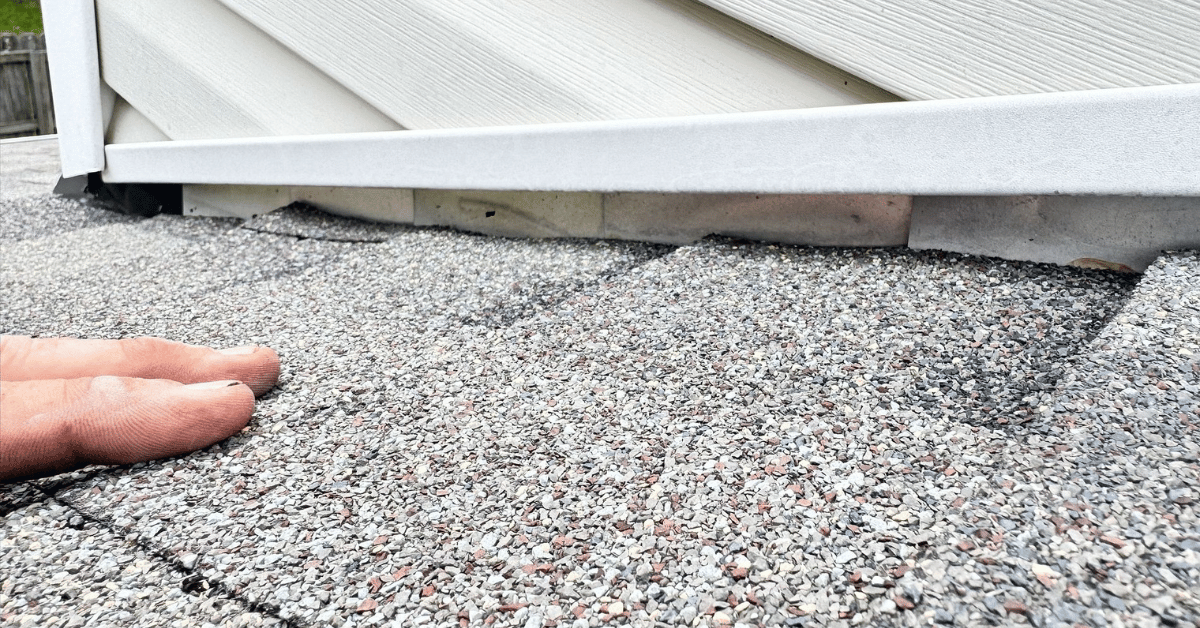
Regular inspections can help prevent roof leaks and other issues, saving you time and money in the long run. A comprehensive roof inspection can help detect potential issues before they become major problems, allowing for timely and cost-effective repairs. Additionally, a roof warranty can protect against defective materials and workmanship errors, offering peace of mind.
A manufacturer's warranty can cover material costs, but it's essential to understand the terms and conditions. Many roofing companies offer extended warranties, providing longer coverage periods and more comprehensive coverage. By working with a professional roofing contractor, you can ensure that your roof remains durable and well-maintained, protecting your home for years to come.
Key Differences Between Storm and Warranty Inspections
The main difference between the two types of inspections comes down to the cause of the problem and the coverage options available. If a severe storm recently passed through your neighborhood and your roof is leaking, a storm damage inspection is your first step. However, if your roof is newer and you suspect installation errors or defective materials, a warranty inspection might uncover issues protected by your contractor's warranties or material warranty.
Here's a basic comparison:
- Storm Inspections are driven by weather events and often result in an insurance claim.
- Warranty Inspections deal with long-term issues like aging materials or installation concerns, usually tied to the roofing warranties protect promises from manufacturers or installers.
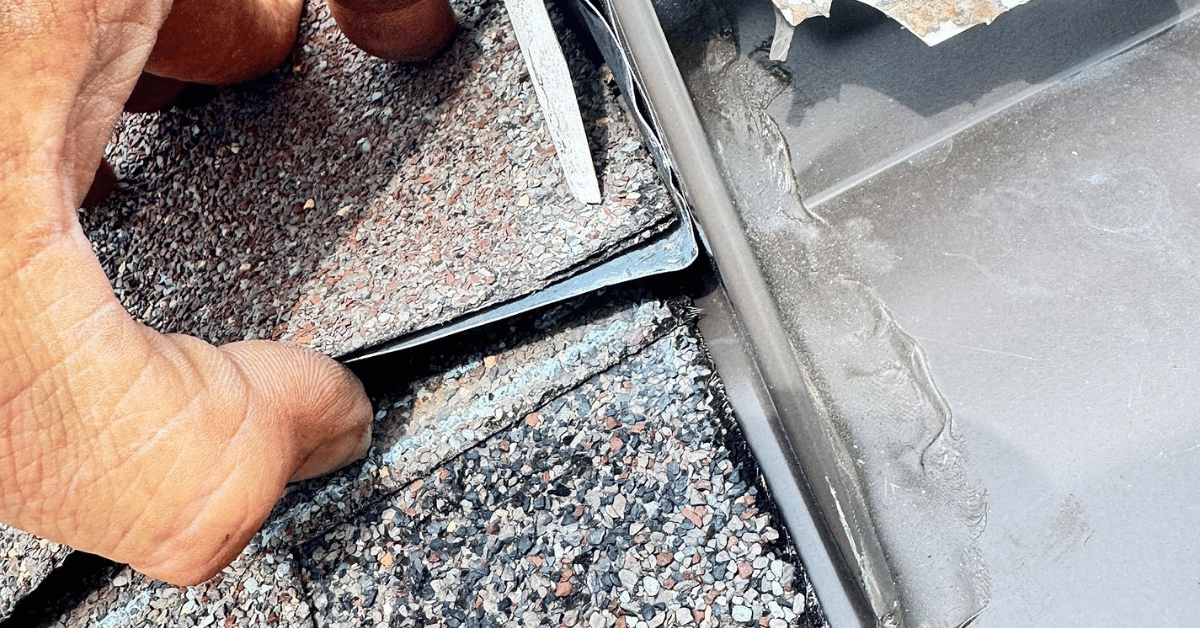
While most roof warranties offer comprehensive coverage, homeowners need to read the fine print. A typical roof warranty covers materials but may exclude labor costs unless you've opted for an extended warranty or lifetime coverage. That's why hiring a professional roofing contractor like Five Points Roofing can make a big difference.
There are different types of warranties available for roofing, including workmanship, labor, and material warranties. Each type covers specific aspects of roof installation and materials, so understanding these differences is crucial to ensure adequate protection for homeowners.
Comparing the Two: Storm vs Warranty Roof Inspections
Side-by-Side Comparison Table
|
Feature |
Storm Inspection |
Warranty Inspection |
|---|---|---|
|
Trigger |
After severe weather |
Routine or minor issues |
|
Goal |
Insurance claim eligibility |
Warranty coverage validation |
|
Timeline |
Within days of the event |
Every 1-2 years |
|
Coverage Type |
Insurance |
Manufacturer/Contractor |
|
Urgency Level |
High |
Medium |
|
Documentation |
Required for insurance |
Proof for warranty claims |
Which Inspection Do You Need?
Still not sure which inspection you need? If your area — say Franklin, Spring Hill, or Brentwood — was just hit by a windstorm, and your neighbors are talking about hail, schedule a storm inspection. If your roof is 3–5 years old and you've noticed a minor leak or buckling shingle, a warranty inspection might uncover a problem that your original installer should fix. Understanding the type of warranty you have is crucial, as it can determine what is covered during these inspections.
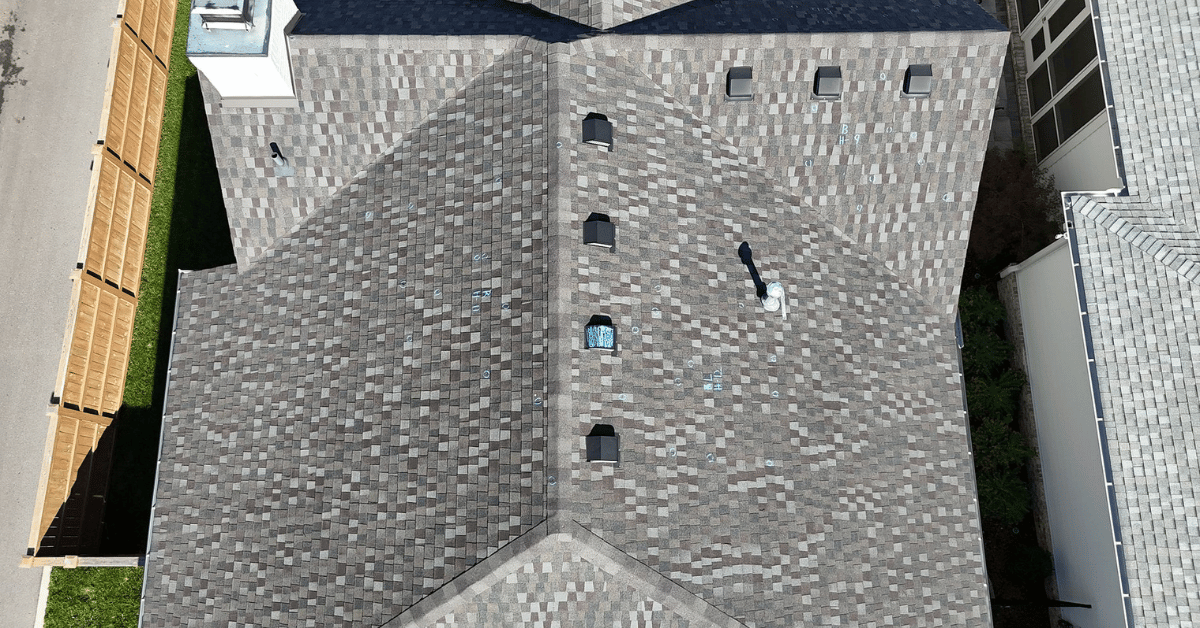
Additionally, roofing warranties with more prorated periods can have significant financial implications, so it's important to review these details when assessing your warranty options. Five Points Roofing offers both — no pressure, just honest guidance rooted in our community-first values.
Choosing the Right Roofing Contractor
Whether you're facing storm damage or planning a warranty claim, your first call should be to a reputable roofing contractor. Five Points Roofing has built a reputation for transparent service and quality craftsmanship in Franklin, TN, and across Middle Tennessee.
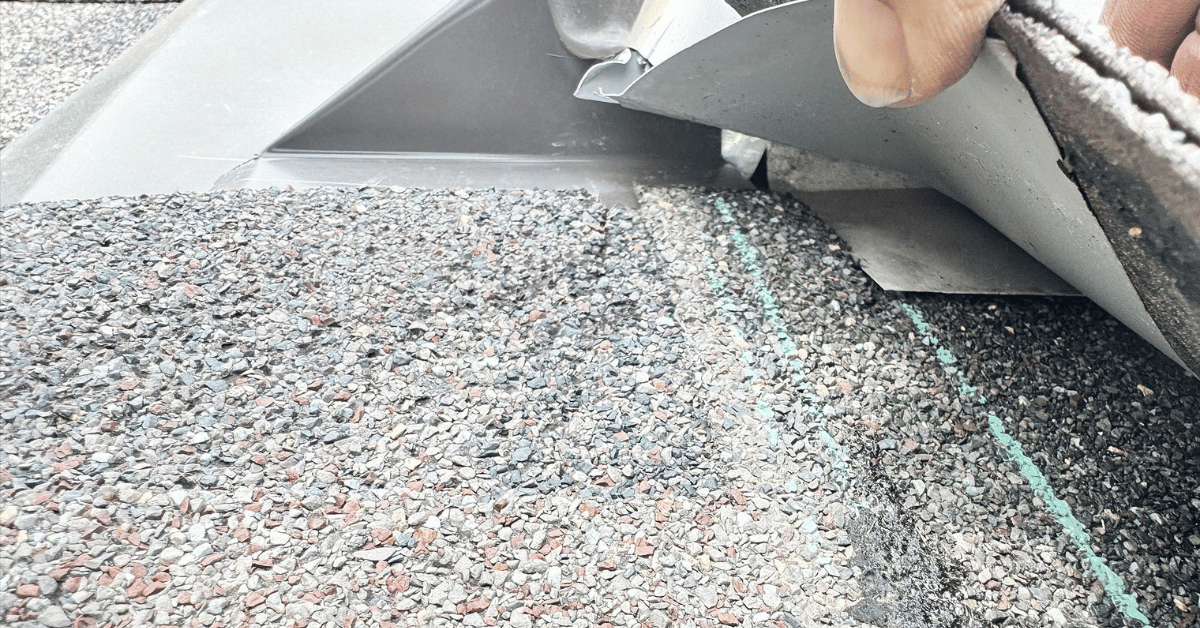
We specialize in architectural shingles, metal roof installations and offer both standard warranty and extended coverage options. As a family-owned roofing company, we've worked with every major roofing manufacturer and understand how most manufacturer warranties operate. Our team ensures every roofing project meets the highest standards in installation methods, material use, and customer care. A reliable roofing contractor's workmanship warranty is crucial for ensuring quality and accountability. It also covers labor and installation costs while guaranteeing the roof's performance over time.
If your current roof is showing signs of wear or if you're concerned about longer coverage period options, let us inspect your entire roof, including decking and ventilation.
Final Thoughts
Whether you need help with storm damage or need to verify what your roofing warranties cover, understanding the differences between a storm and warranty inspection is important. Most extended warranties require regular inspections. Catching problems early can help protect your roof, reduce repair costs, and extend the life of your roofing system. It is also important to understand what is covered under standard warranties to avoid potential pitfalls.
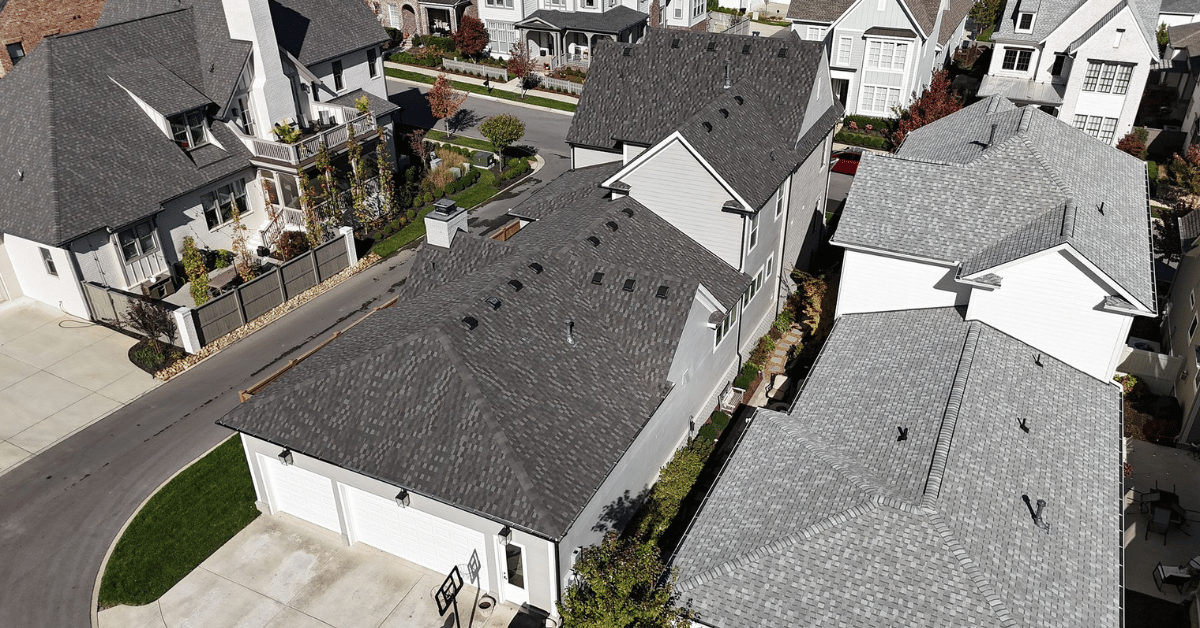
Too many homeowners neglect important steps related to roofing warranties, such as registering their warranties and understanding the fine print involved with contractors.
At Five Points Roofing, we provide both inspection types with no pressure—just honest advice and expert care. If you're unsure whether your issue falls under an insurance claim or a warranty, let us help you find the answer. With our deep knowledge of roofing warranties, manufacturer warranties, and workmanship warranty coverage, you'll get the support and protection you deserve.


